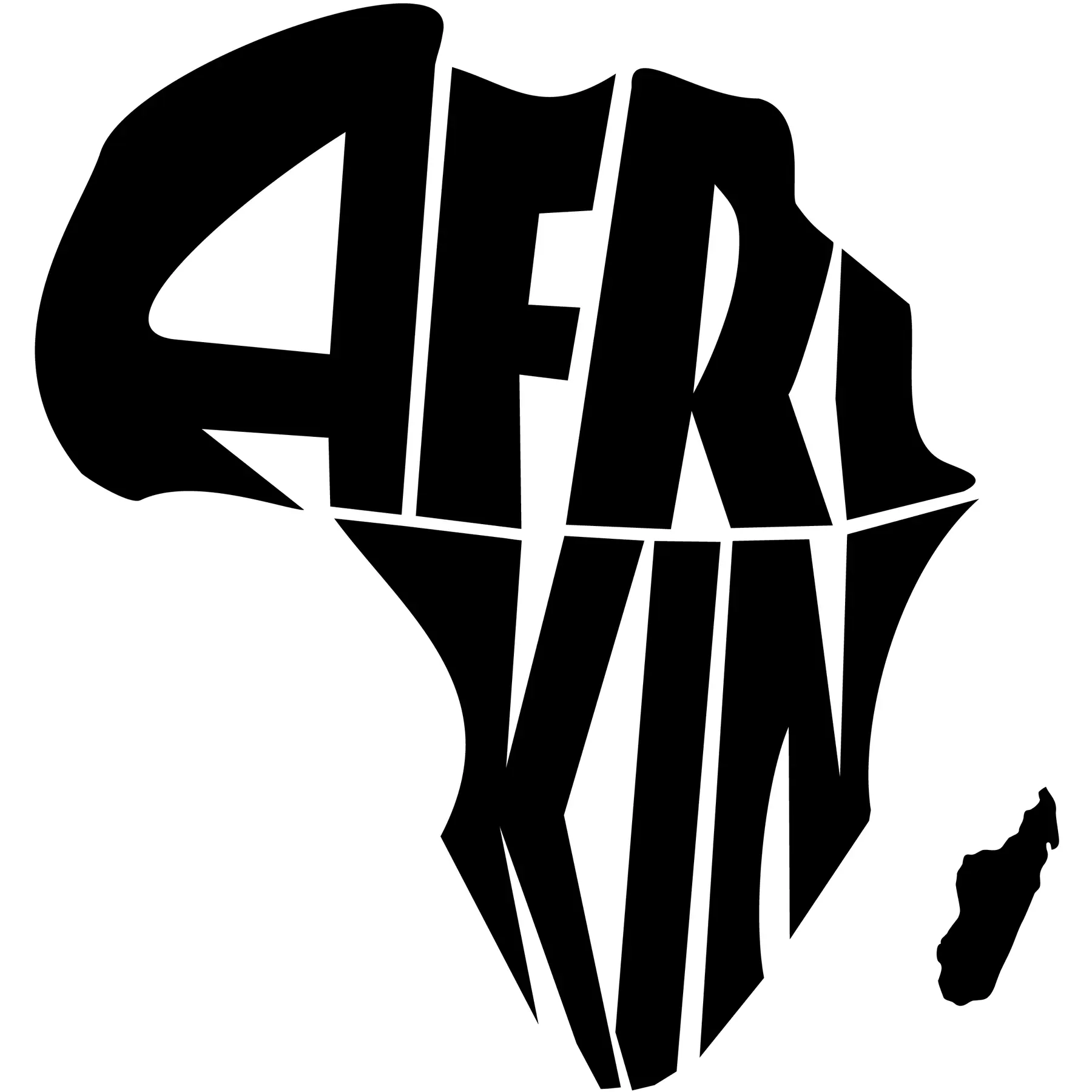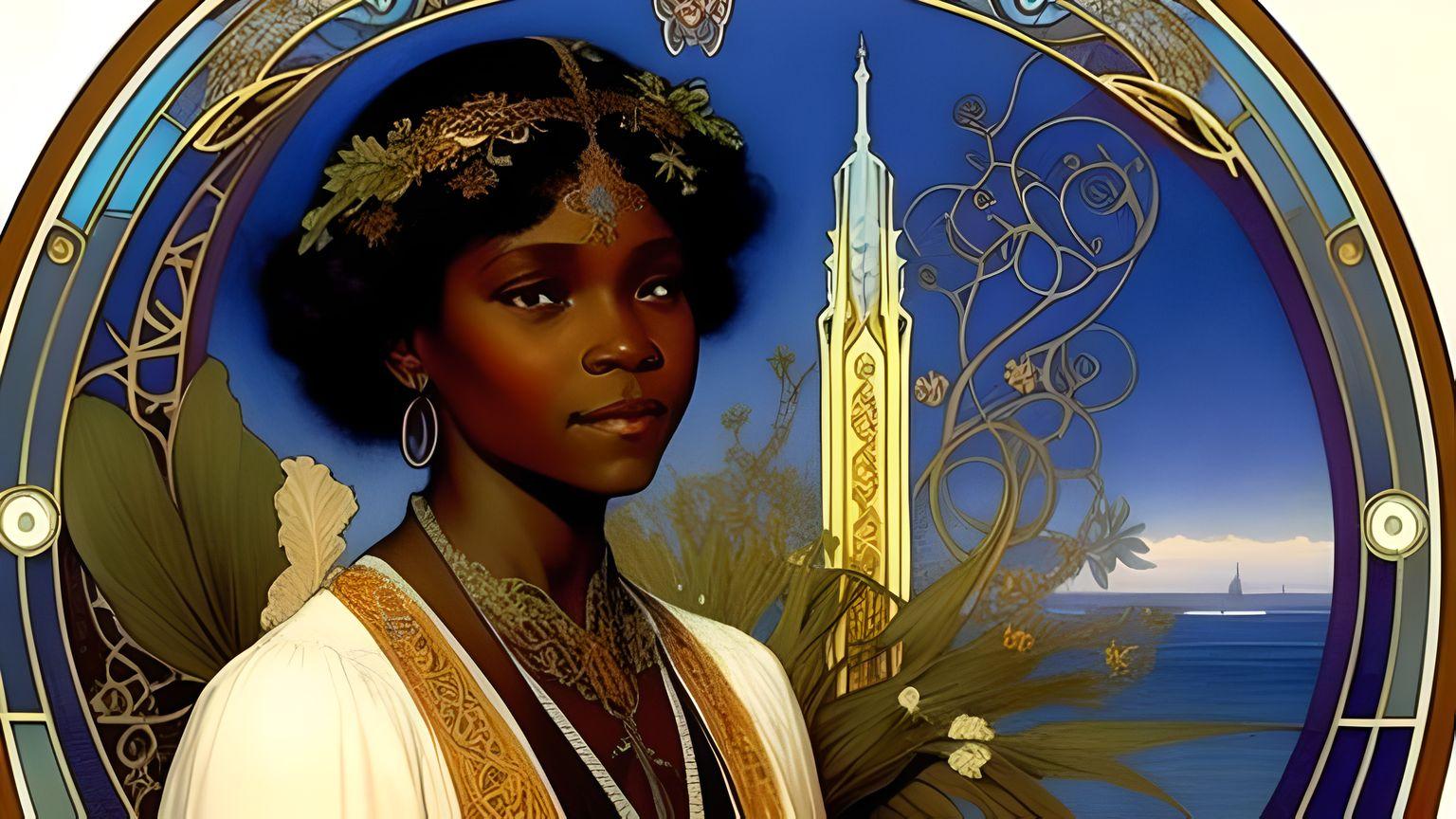When Race Consciousness Is Mistaken for Racism: Labels, Misunderstandings, and Florida’s Questionable Mission
In the ever-evolving landscape of American discourse on race and identity, one thing remains frustratingly stagnant: the propensity to misinterpret genuine race consciousness for racism. At the heart of this misinterpretation is an intricate web of societal labels, misappropriated meanings, and controversial political agendas—like the one currently unfolding in Florida under its governor.
Race Consciousness vs. Racism
Race consciousness and racism, while linguistically similar, diverge sharply in intent and action. The former recognizes the historical and contemporary realities of racial disparities, seeking to address and redress these imbalances. The latter perpetuates these disparities through prejudice, discrimination, and denial of systemic issues.
For many, acknowledging the racial disparities present in American institutions is vital. It’s not about prioritizing one race over another; rather, it’s about understanding the structures in place that have historically disadvantaged certain racial groups. Recognizing these disparities isn’t racist; it’s an act of awareness and empathy.
Yet, to some, this race consciousness comes across as an affront, an act of divisiveness. Why?
The Weight of Labels
Human beings are, by nature, categorizing creatures. We compartmentalize experiences, people, and ideologies into tidy boxes to process our complex world. Labels, in many respects, are necessary shorthand. Yet, the misuse of these labels can be reductive and harmful.
When race-conscious individuals are labeled as “racists,” the very essence of their intent—to promote understanding and equity—is maligned. This mislabeling not only harms the individuals being mischaracterized but also weakens genuine efforts to address systemic racial issues.
The insistence on viewing the world through narrow labels is part of the problem. Just as individuals should not be reduced to one-dimensional racial or ethnic identifiers, neither should their beliefs or intentions be distilled into overly simplistic tags.
Florida’s Concerning Path
Nowhere is the conflict between race consciousness and misconstrued intent more evident than in the recent actions of the Florida governor. Spearheading a mission that many see as the erasure of Black knowledge, the state’s latest educational policies seem designed to whitewash history and silence discussions of racial disparities.
By framing race consciousness as a form of “divisive concepts” or “indoctrination,” the governor’s mission discredits and undermines the genuine efforts of educators and activists working to provide a comprehensive and honest understanding of history. This isn’t just about curricular disagreements—it’s about a broader national struggle over the nature and narration of American identity.
Beyond Labels and Towards Understanding
For America to progress, it’s crucial for its citizenry to move beyond reductive labels and truly listen to one another. Mistaking race consciousness for racism is an obstacle to genuine understanding and unity.
No one benefits from a society that misunderstands the intentions of its citizens, nor from policies that erase essential parts of its history. The path forward requires recognizing the difference between acknowledging racial realities and perpetuating racial prejudices.
The road is long and fraught with challenges, but a future where race consciousness is appreciated rather than misconstrued, and where education is comprehensive rather than selective, is a vision worth striving for.
Join us at the AfriKin Art Fair in Miami from December 3 – 10th where we will unpack these topics and more during “AfriKin Talks” panel discussions.
__________________________________________________________________________
Communal Wealth? It is possible!
Moors. Hebrews. Blacks. Whites. Latinos. Caribbeans. BIPOC! As a community, or names and titles are just as diverse as we are, but our desired outcome when we discuss nation building is the same. We have those that say community gardens, or communal land, or access to information, or something like that, but it boils down not to a particular asset or commodity, but really a dollar sign with a nine digit number after it. Agree or agree?
What do we need as a community to progress into the future that we can control?
The assets we work hard for.
Making sure those assets go to our beneficiaries and not the government that doesn’t care about us or dare attempts to save us.
A plan of action in place that disrupts the current system.
The implementation of our own system.
Still requires… a number, and for each of us, that number is different
What is your vision for the future financially? Health is one thing, but asking people to spend less on fast food is asking them to change their addictive behavior. Wealth is another thing, but unlike health, you can pass health on to your loved ones for generations because that would be a little gross right? Like, who wants to inherit Grandpa’s kidneys? But if I ask you who wants to inherit Grandpa’s multi-million dollar estate, a few more hands would go up, so here is the exercise:
1. How much money do we need as a community to create the physical and spiritual Wealth and Health conscious culture we want?
2. How much money do you need to retire from the establishment of that culture?
3. Who do you want to inherit that estate?
Now, if you have a number in mind, or have never thought about these questions before, comment below. Now is the time to start the conversation more than ever.
Let’s have the conversation about wealth that we need to have in order to see changes. The last thing we need is the government inheriting Grandpa’s goods. Didn’t they get enough?
Energy only goes to where our attention flows. Let it flow to our communities instead.
Let’s go.
Best regards,
Prince El
Wellness Coach | DAOM | Financial Planner
#flo #wellness #wealthandhealth #projectyoufundthem

